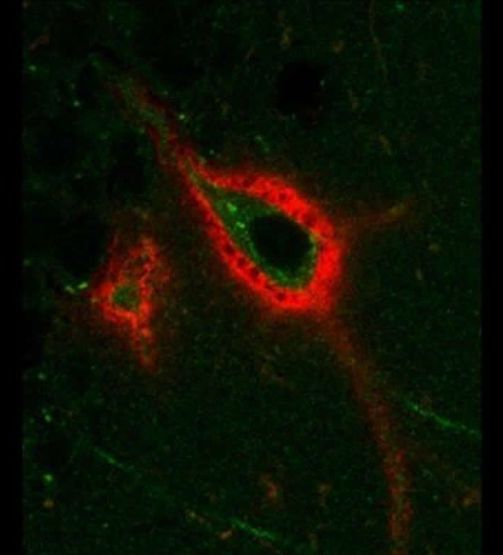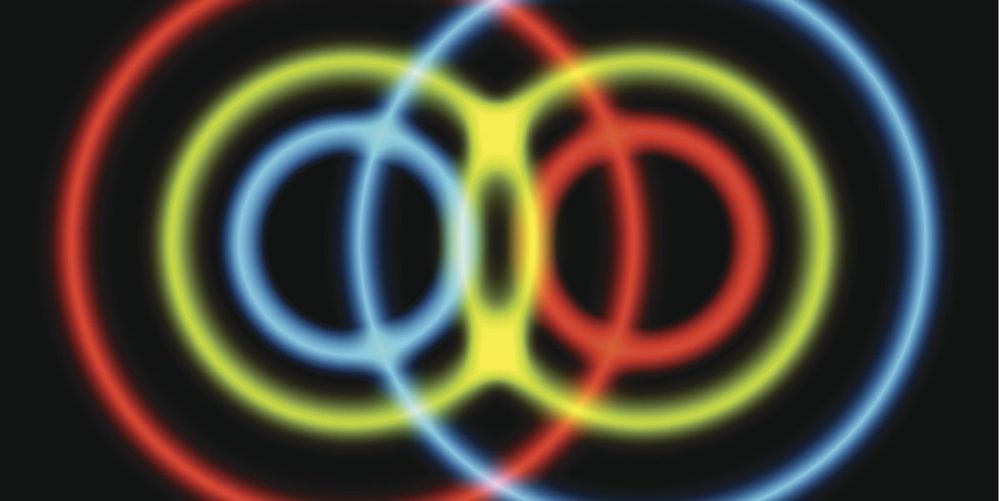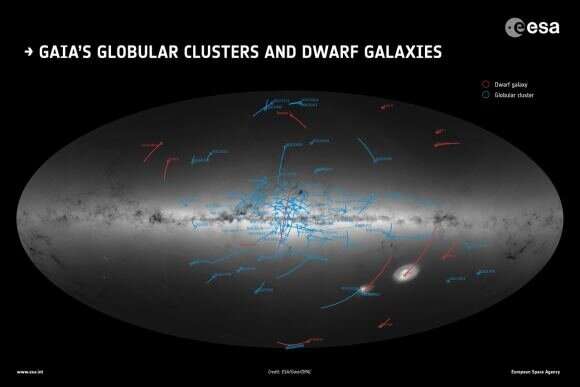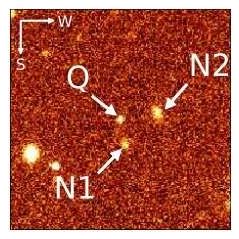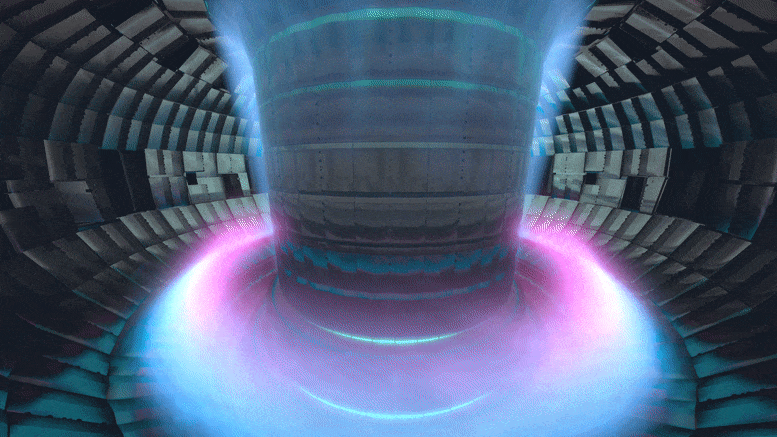Jul 28, 2020
Changes in Brain Cartilage May Explain Why Sleep Helps You Learn
Posted by Genevieve Klien in category: neuroscience
Summary: Altering the structure of perineuronal nets could be a mechanism that underlies sleep-induced memory changes.
Source: SfN
The morphing structure of the brain’s “cartilage cells” may regulate how memories change while you snooze, according to new research in eNeuro.
